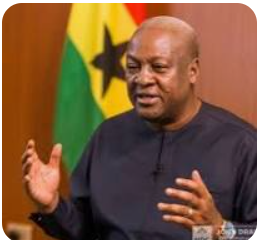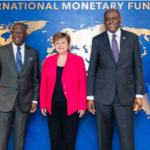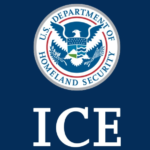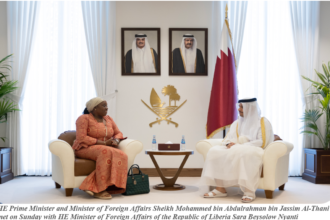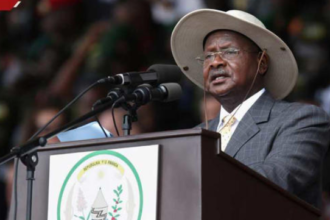By Isaac Okoro
Accra, Ghana – Ghana is poised to take greater control of its natural resources, spearheading a national policy aimed at increasing indigenous participation in the management and exploitation of the nation’s vast mineral wealth. The announcement, made by President John Dramani Mahama at a ministerial retreat yesterday, comes after the expiration of Gold Fields’ 30-year lease at the Damang mine and signals a defining moment for the country’s extractive industry.
The government opted not to renew Gold Fields’ lease, a decision followed by a temporary co-management agreement. This agreement, subject to parliamentary ratification, will see Gold Fields and the government jointly operate the Damang mine for one year, facilitating a smooth transition to Ghanaian ownership.
“We had a little issue which we have now resolved with one of our mining companies whose lease expired after 30 years,” President Mahama stated. “It was our desire to take over and utilize Ghanaian expertise to explore that resource and ensure the benefits remain within our country.”
This move is part of a broader strategy to develop a homegrown framework for managing Ghana’s natural resources, with the aim of ensuring that a larger share of the benefits accrue to the Ghanaian people, particularly those in mining communities. President Mahama stressed the importance of this increased participation, stating that it is essential to mobilize resources for the development of these communities.
“Over the next few months, we will develop a policy on indigenous participation in natural resource exploitation,” the President declared. “We are not going to seize anyone’s concession, but whenever a lease is due for renewal, we will negotiate to ensure increased Ghanaian participation, so we can raise the resources to bring prosperity to our people.”
The upcoming policy framework aims to redefine governance in Ghana’s mining industry, prioritizing national interests, enhancing transparency, and ensuring equitable distribution of resource wealth. The Damang mine transition will serve as a major test for this new policy direction, with stakeholders observing closely as Ghana reclaims control over a key asset.
Gold Fields, headquartered in Johannesburg, expressed satisfaction with the agreement. “Gold Fields has been operating in Ghana for more than 30 years and has built a strong record of economic and social contribution,” said Yunus Suleman, Chairman of the Gold Fields Board. “We remain committed to supporting Ghana’s mining expertise, development, and shared prosperity.”
Under the terms of the agreement, Gold Fields will receive a new 12-month mining lease, subject to parliamentary ratification on May 16, 2025. During this period, the company will recommence mining activities, creating and safeguarding jobs. A joint asset transition team, comprising representatives from both Gold Fields and the government, will be established to ensure a successful transfer of ownership.
Gold Fields confirmed that its operations at the Tarkwa mine remain unaffected and preparations for the renewal of the Tarkwa lease, due in 2027, will soon begin.
President Mahama hailed the agreement as an important step for the Ghanaian mining industry. “Increased local participation and ownership in Ghana’s mining industry is a key part of the government’s commitment to creating wealth for Ghanaians,” he stated. “Ghana remains open for business and welcomes investment.”
Felix Kwakye Ofosu (MP), Presidential Spokesperson and Minister for Government Communications, reiterated the government’s commitment to a smooth handover and future collaboration.
The success of this initiative will be crucial in determining whether Ghana is truly on the right path towards indigenizing its natural resources, a move that could have significant implications for the country’s economic future and the well-being of its citizens.


